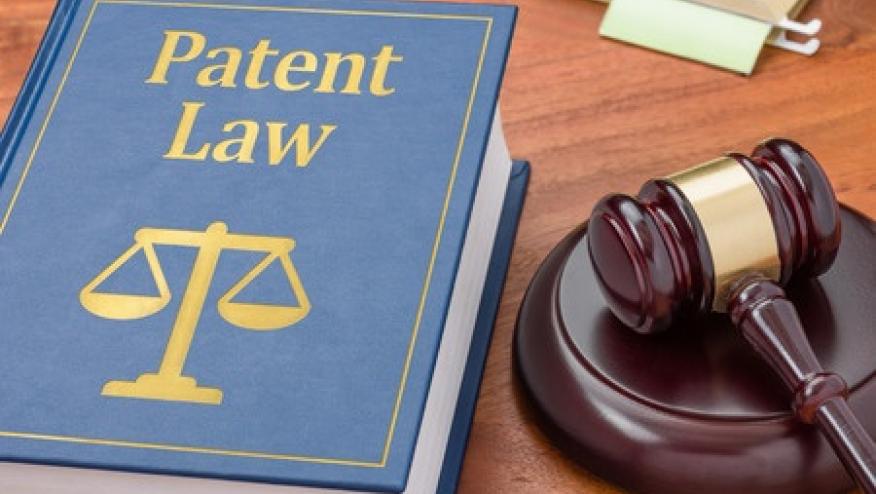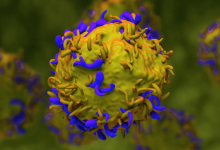Enbrel Patent Battle Won by Amgen Save

The ugly, legal, financial underbelly of US biosimilar drug development showed up in court last Friday, when a U.S. judge upheld two of Amgen's patents for Enbrel, thwarting a legal challenge by Novartis/Sandoz over its etanercept-szzs biosimilar, Erelzi.
Sandoz won FDA approval for their etanercept biosimilar in 2016, but has not been able to market Erelzi because of Amgen’s extended patent protection (till 2029).
Although Enbrel sales have dropped in recent years, it is still a blockbuster biologic with U.S. sales of $4.8 billion last year.
U.S. District Judge Claire Cecchi in Newark, New Jersey, rejected arguments by Novartis’ Sandoz unit that the patents covering Enbrel’s active ingredient until 2029 should not have been granted because their concepts were already contained in previous patents.
Novartis said it would appeal the ruling to the United States Court of Appeals for the Federal Circuit.
“Sandoz respectfully disagrees with the Court’s ruling, which prevents us from launching an additional treatment option for patients with autoimmune and inflammatory diseases,” said Carol Lynch, President of Sandoz US and Head of North America. “Valid intellectual property should be respected, however, we continue to consider the patents in this case to be invalid. Amgen asserted two patents that it obtained from Roche, in what we believe is an attempt to extend its US compound patent protection for etanercept to 2029. We will appeal this decision, and look forward to presenting our case to the Federal Circuit and bringing Erelzi to US patients as soon as possible.”
While many U.S. regulators and politicians have called for the adoption and wider use of “biosimilar” versions of expensive biologic drugs, patent litigation and negotiations between companies have stalled the use of newer biosimilar versions of adalimumab and etanercept. Only the infliximab biosimilars are currently marketed and in use.
Amgen is also suing Samsung Bioepis over its Enbrel biosimilar. That litigation remains under way, an Amgen spokeswoman said on Friday. Officials at Samsung Bioepis did not immediately respond to a request for comment.
The economics of biologic drug use is such that they account for nearly 40% of U.S. prescription drug spending, and 70% of the growth in drug spending between 2010 and 2015.
|
Biosimilar |
Reference |
Pharma |
Generic -suffix |
Approved |
|
Inflectra |
Remicade |
Celltrion |
infliximab-dyyb |
April 2016 |
|
Erelzi |
Enbrel |
Sandoz |
etanercept-szzs |
August 2016 |
|
Amjevita |
Humira |
Amgen |
adalimumab-atto |
Sept 2016 |
|
Renflexis |
Remicade |
Samsung |
infliximab-abda |
May 2017 |
|
Cyltezo |
Humira |
Boehringer |
adalimumab-adbm |
August 2017 |
|
Ixifi |
Remicade |
Pfizer |
infliximab-abda |
December 2017 |
|
Hyrimoz |
Humira |
Sandoz |
adalimumab-adaz |
October 2018 |
|
Eticovo |
Enbrel |
Samsung |
etanercept-szzs |
April 2019 |
|
Hadlima |
Humira |
Samsung |
adalimumab-bwwd |
July 2019 |










If you are a health practitioner, you may Login/Register to comment.
Due to the nature of these comment forums, only health practitioners are allowed to comment at this time.